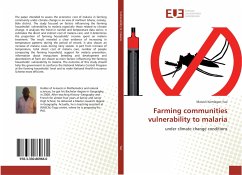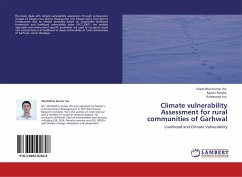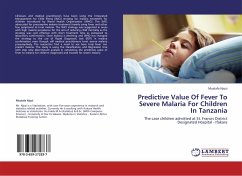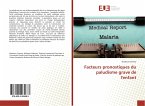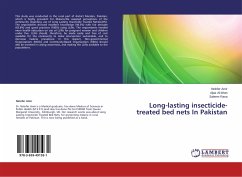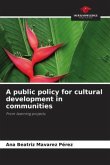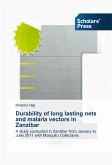The paper intended to assess the economic cost of malaria in farming community under climate change in an area of northern Ghana, namely, Bole district. The study focused on factors influencing the farming households' vulnerability to malaria especially those related to climate change. It analyses the trend in rainfall and temperature data series; it estimates the direct and indirect cost of malaria care; and it determines the proportion of farming households' income spent on malaria treatment. The result revealed a clear evidence of increasing in temperature patterns during the period of record. It also shown an increase of malaria cases during rainy season. A part from increase of temperature, total direct cost of malaria care, number of people composing the farming household, support for malaria prevention, information about mosquitoes breeding and development and absenteeism at farm are shown as main factors influencing the farming households' vulnerability to malaria. The outcome of this study should help the government to reinforce the National Malaria Control Program at the farming households' level and to make National Health Insurance Scheme more efficient.
Bitte wählen Sie Ihr Anliegen aus.
Rechnungen
Retourenschein anfordern
Bestellstatus
Storno

